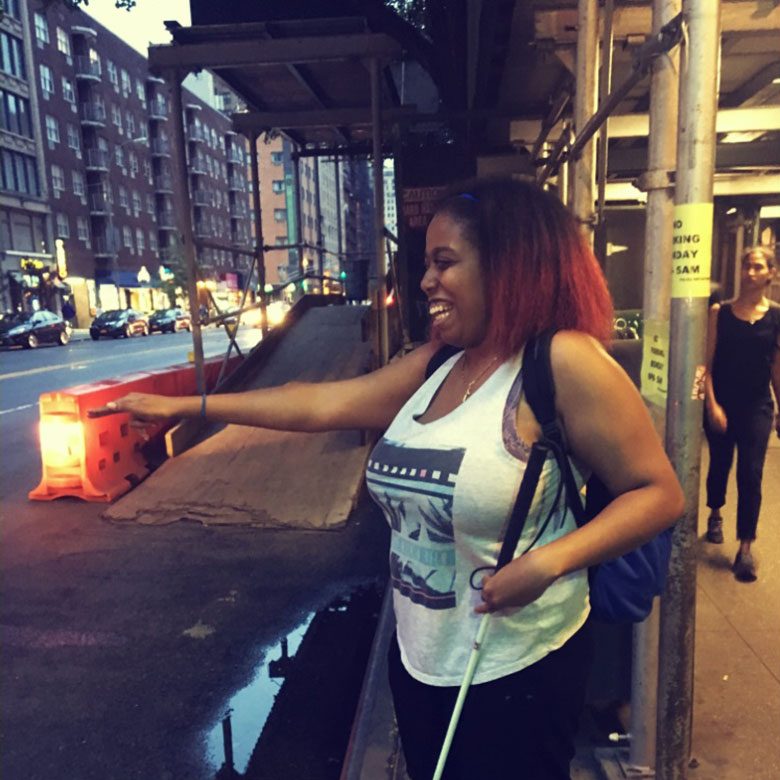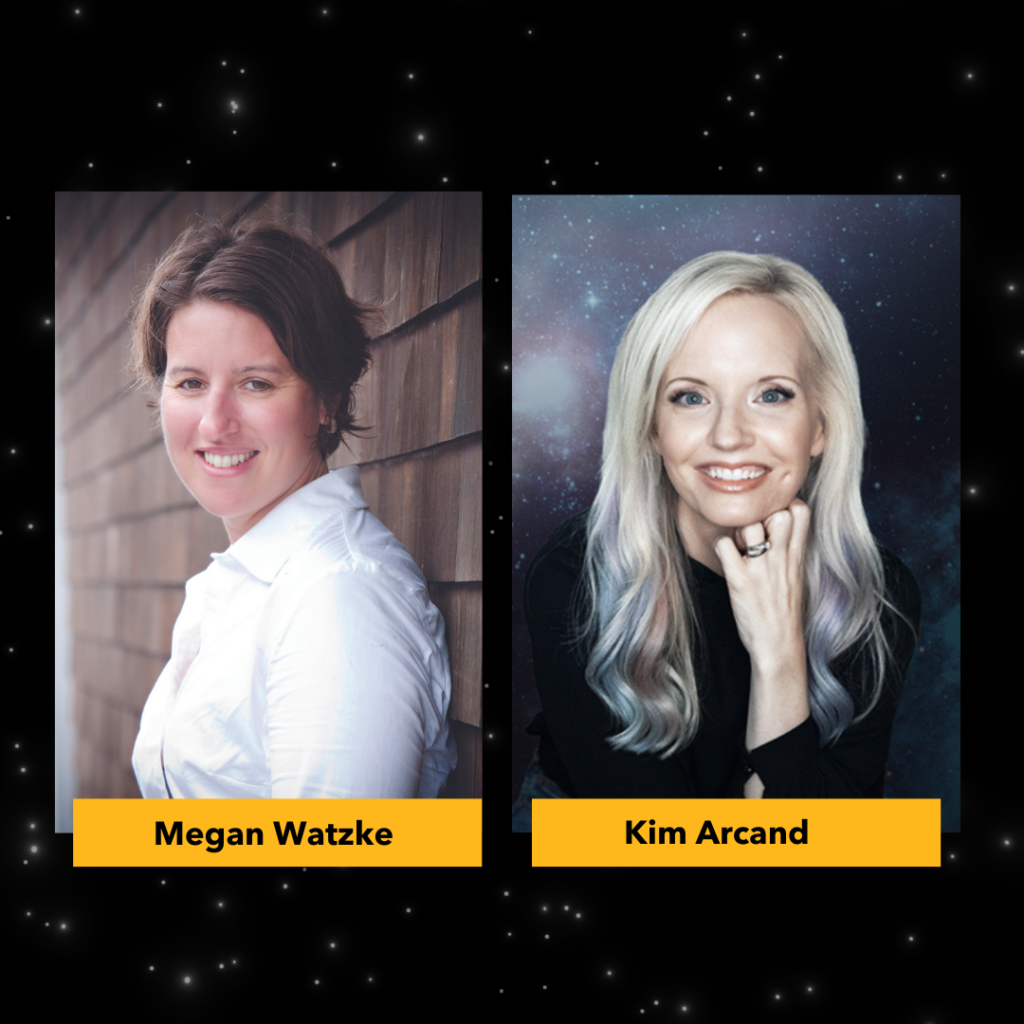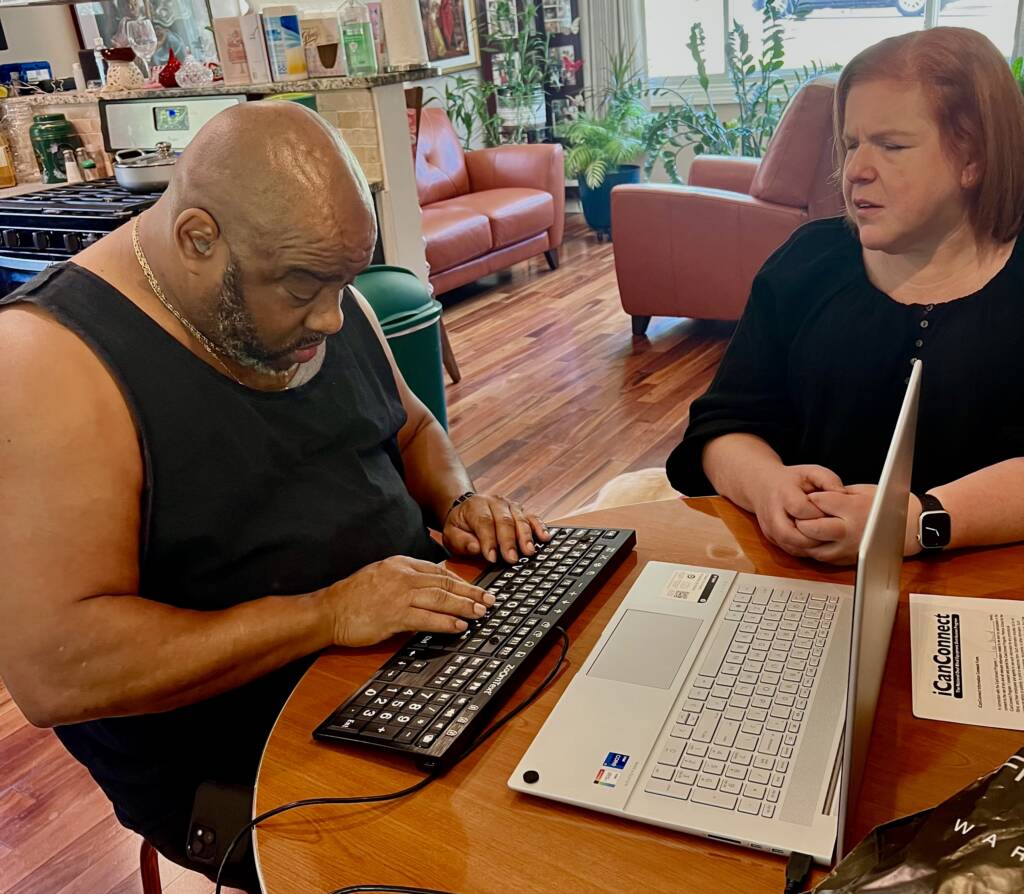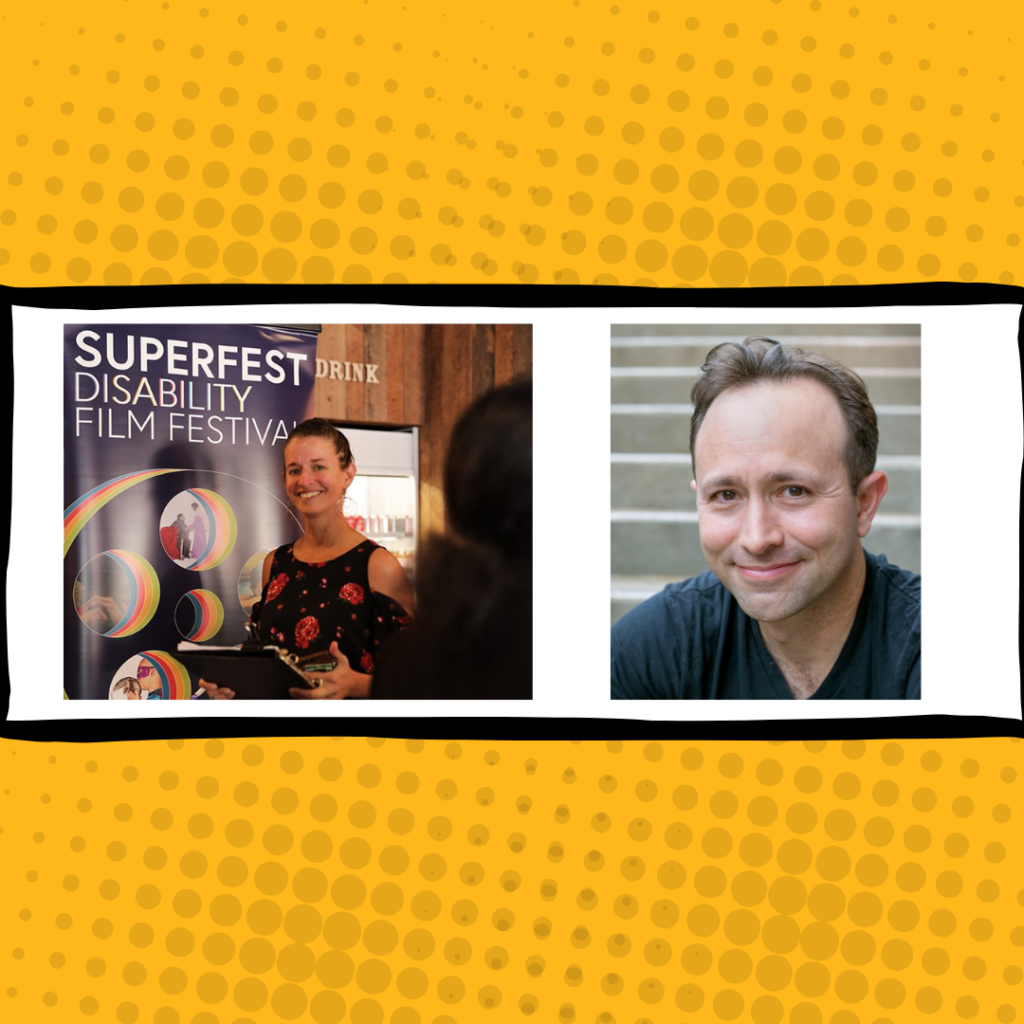“Hi sir,” I say to the Lyft driver as I pace a small distance to and from the bank. “I’m calling to let you know that I’m blind so I won’t see when you arrive, but I’m standing outside of the Chase.”
“What Chase?” he asks laughing. “And blind?”
“Where you’re picking me up?” I reply a little worried; this was only my second time using the app. Had I done something wrong? “It’s a bank.”
“Oh,” he says. “At 2219 Broadway?”
“Yes,” I breathe a sigh of relief. It’s after 11pm and I don’t even want to be taking the ride. But since I’m back home from the dorm, I know that taking the taxi would appease my mother. “And I wanted to let you know that I’m blind, so can you look out for me?”
“Oh, you’re blind?” he’s no longer laughing.
“Yes.”
“I understand now.”
I later learned that he’d laughed because he couldn’t quite understand. If I was blind, how was I talking on the phone? How did I type my address into the app? How would I be able to “give him the stars”—he meant a rating—later?
During the ride, he assured me that though I had no sight, he was certain I made up for it in other ways. He was happy that I attended college and that I could travel on my own. He told me of a blind acquaintance who went through schooling and now made six figures. Although we discussed many other topics, there was one theme he continuously returned to: In the future, I would be able to see by means of surgery or prayer.
I receive comments like this fairly often. While I’m praised for completing everyday tasks, people still expect me to be waiting, with bated breath, for a surgery that will either restore the vision I’ve lost, or give me 20/20. They offer prayers and entreaties to join their religion, and are completely nonplussed when I seem indifferent. Blindness/low vision isn’t the end of the world. At least, it hasn’t been the end of my world.
Having low vision has limited me in some ways. I cannot just head out in the mornings for a solitary morning jog and it’s illegal for me to drive. But I don’t feel that I should be praised for doing things that most people should know how to do: cooking (a loose definition), traveling, even picking out my own clothing.
When people ask if I were given the opportunity to have 20/20 vision, I always hesitate to answer. Most people are completely unaware of the opportunities that are out there for blind and visually impaired people. As a person who has been on the receiving end of perks like summer and after school job opportunities and the funding of my college equipment by the Commission, I’ve never had any reason to lament (for too long) what few disadvantages come from having low vision.
In her free time, Lily likes to sing, write and play guitar. One of her goals is to mend the misconceptions about blind and visually impaired people.



